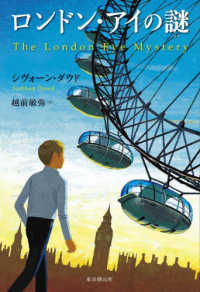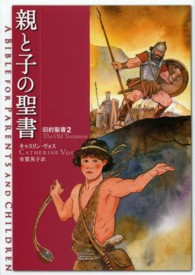Full Description
Spanning the years from 1800 to 1950, this book probes the lives of a dozen makers of modern India, examining their relationships with British colonialism and Indian tradition. Traces religious and social reforms and the impact of the English language on them.







